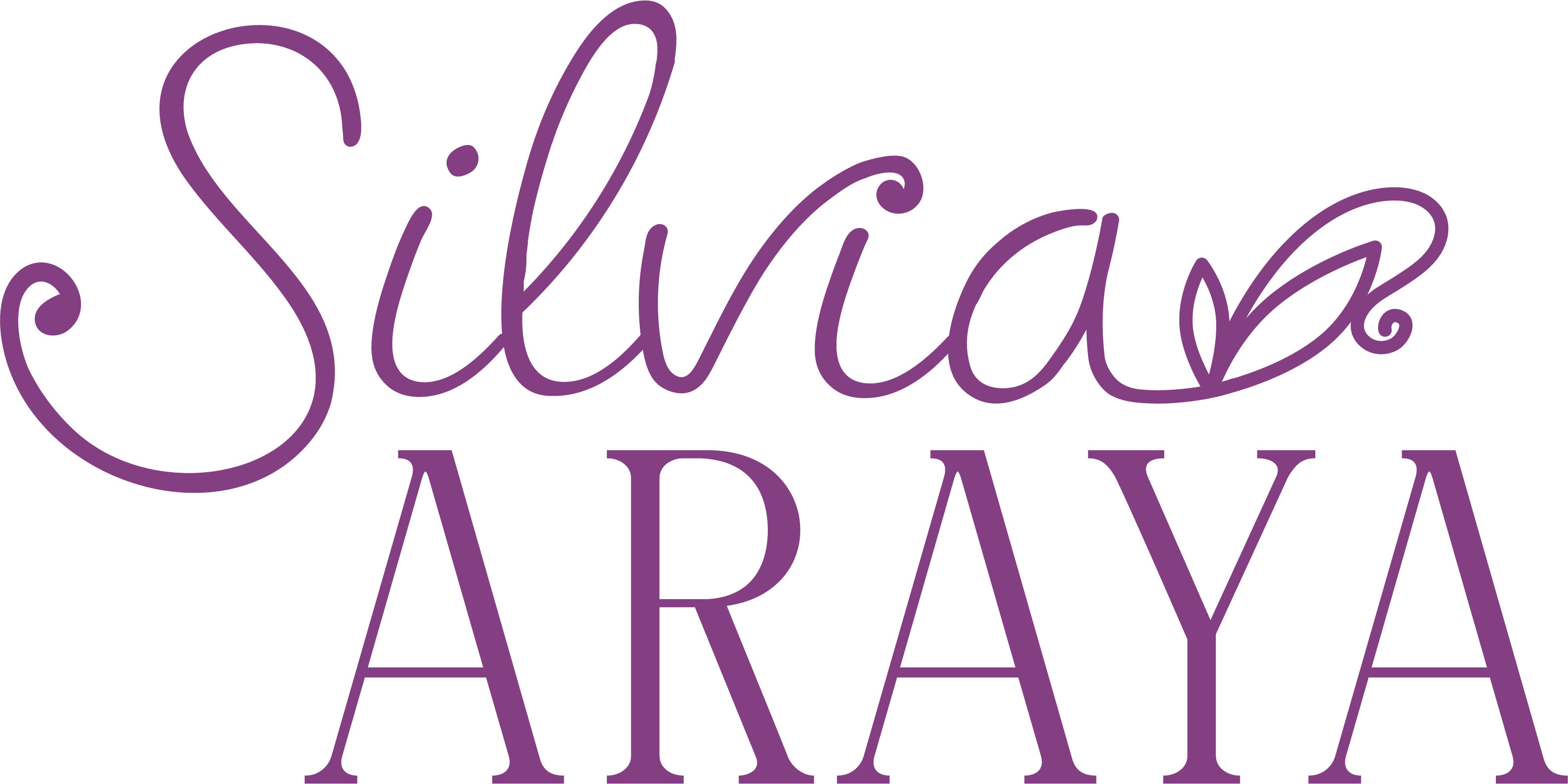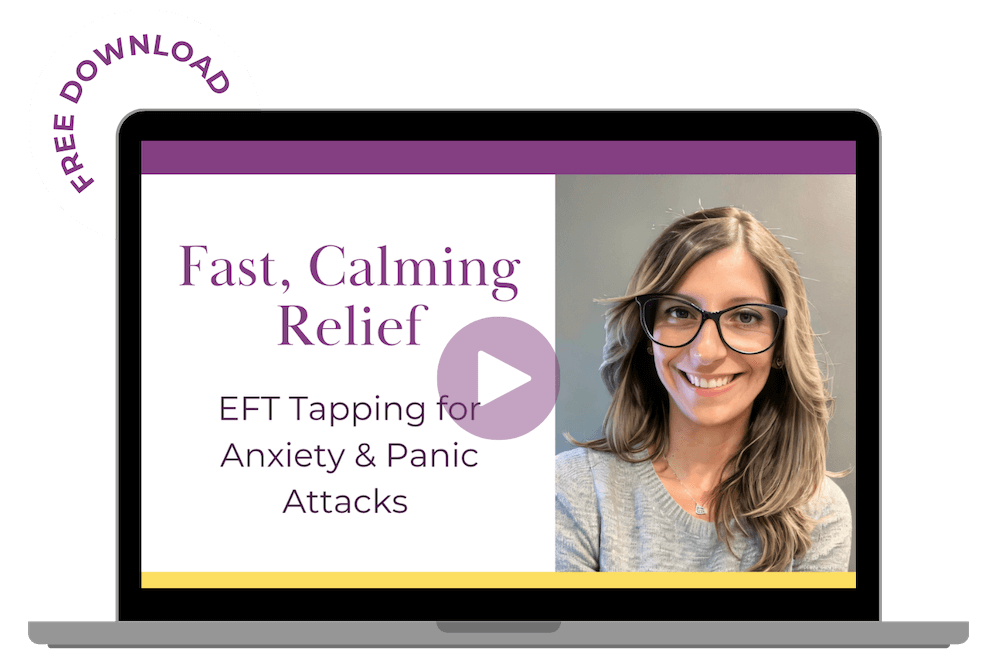In moments of desperation, the allure of finding solace at the bottom of a bottle can be irresistible. The temporary relief alcohol promises is a siren call, leading many to believe it’s a viable solution to their panic and anxiety. However, this temporary refuge often exacerbates the very problems we seek to escape. Here, we unravel the complex relationship between alcohol and panic attacks, supported by statistics, facts, and personal insights, in hopes of offering a more nurturing path towards healing.
The Deceptive Calm Before the Storm
- Immediate Relief, Long-Term Consequences: Initially, alcohol can seem like a tranquil haven, reducing stress and inhibiting fears. Yet, its sedative effects are fleeting, often followed by increased anxiety levels once the body starts to withdraw from alcohol.
- Statistics Unveiled: Research shows that individuals with anxiety are 2-3 times more likely to struggle with alcohol dependency at some point in their lives. The transient relief from anxiety symptoms leads to a cycle of increased consumption and dependency.
A Personal Reflection
In my own struggle with panic attacks, I’ve found the temporary respite offered by alcohol to be a double-edged sword. It was a relief at the moment, a way to silence the cacophony of terror and discomfort. However, the aftermath was always worse. The clarity and presence required to face and manage panic attacks were clouded by alcohol, not to mention the heightened anxiety that followed as its effects waned.
The Science Behind The Struggle
- Altering Neurotransmitter Balance: Alcohol impacts serotonin levels in the brain, a critical neurotransmitter involved in mood regulation. This interference can worsen anxiety and panic over time.
- Disrupted Sleep Patterns: Though often used as a sleep aid, alcohol, in reality, disrupts sleep quality and patterns, leading to increased fatigue and susceptibility to anxiety and panic attacks.
Nurturing Alternatives to Alcohol
- Seek Support: Professional therapy, especially cognitive behavioral therapy, can offer long-term strategies for coping with panic attacks without relying on alcohol.
- Establish Healthy Routines: Regular exercise, a balanced diet, and consistent sleep schedules fortify the body against the impacts of anxiety and panic.
- Mindfulness and Meditation: These practices promote relaxation and presence, reducing the impulse to turn to alcohol during moments of anxiety.
A Message of Hope
If you’re navigating the turbulent waters of panic attacks and finding yourself reaching for alcohol as a life raft, know that there are more sustainable shores ahead. The path to managing panic attacks without alcohol is not linear, and it’s paved with resilience, understanding, and self-compassion. Remember:
- You Are Not Alone: Millions are on this journey with you, facing their fears and finding new strengths.
- Your Experience Matters: Each step you take towards overcoming the urge to find solace in alcohol is a testament to your courage and resilience.
- Help Is Available: From therapy to support groups, resources are closer than you might think.
In the intricate dance of coping with panic attacks, alcohol may appear as a partner offering lead. Yet, it’s a partnership that inevitably steps on the toes of progress. Turning towards healthier coping mechanisms not only eases the path but enriches it, inviting peace and balance back into life’s rhythm.







